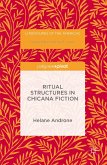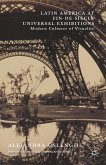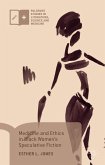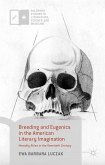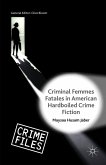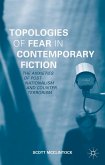This study examines representations of the cityscape and of a so-called "new urban violence" in both detective-centered and detectiveless crime fiction produced in Spanish America and Spain during recent decades. It documents the emergence and permutations of this production as an index not only of local perceptions of contemporary urban experience and of a contemporary urban "ecology of fear," but also as a transnational index of the globalization of literary forms and markets. It centers on the inscription of urban space in novels set in the metropolitan centers of the Hispanic World: Mexico City, Bogota, Buenos Aires, and Barcelona.
"Contemporary Hispanic Crime Fiction is a clearly written, fascinating, and fresh analysis of the Spanish and Latin American crime novel. It is an informative look at intertextual and transatlantic relationships within the genre of crime fiction." - Fernando Fabio Sanchez, Portland State University



